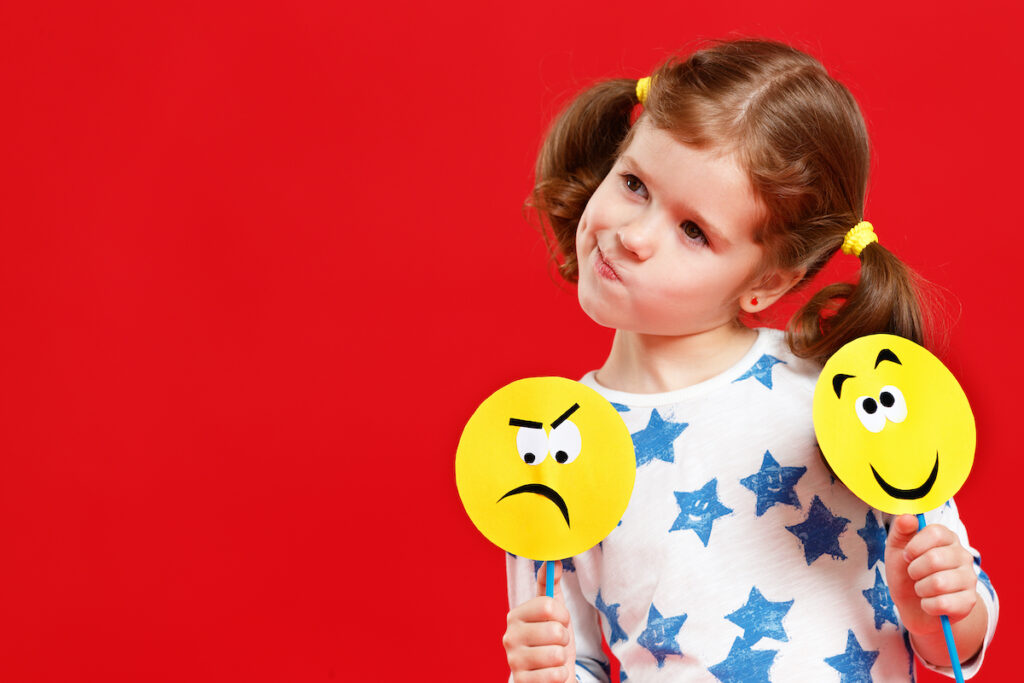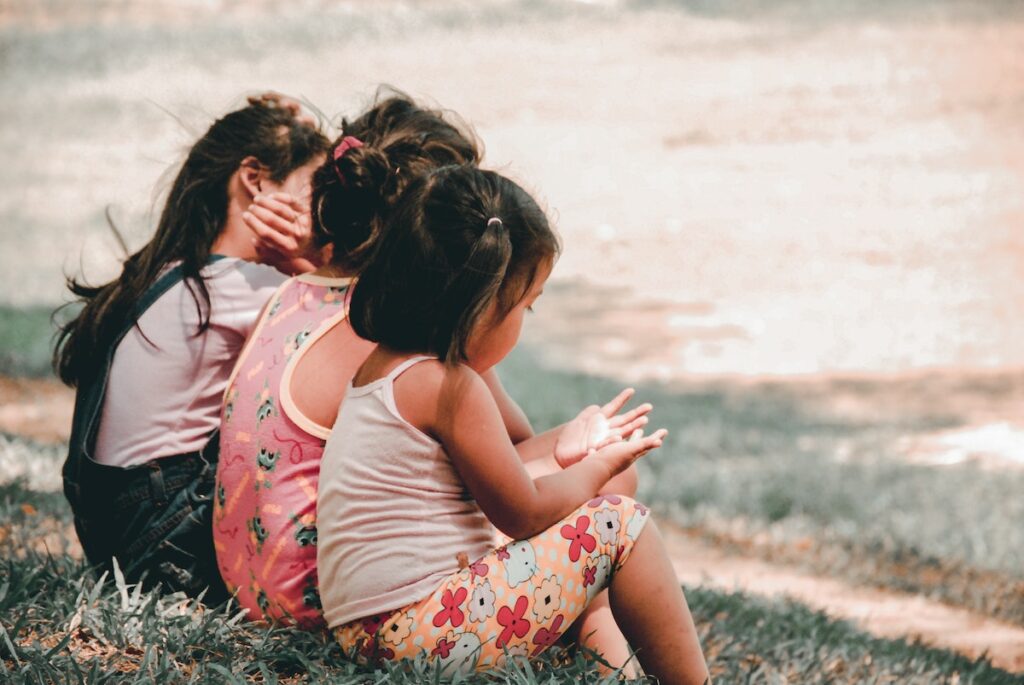
Depression is a common mental health disorder and a leading cause of disability worldwide (World Health Organization, 2020). There is a clear scientific consensus that psychotherapy for depression is an effective treatment. Accordingly, psychotherapy is recommended in numerous national guidelines as a frontline, evidence-based treatment option.
Key questions remain about who psychological treatments are likely to be most effective for, and which factors predict better outcomes. In a recent review in JAMA Psychiatry, Cuijpers et al. (2020) examined whether age was a factor in how effective psychological treatment approaches are across the lifespan. As they note, although hundreds of trials have been conducted, they have typically compared outcomes between two specific age groups rather than across the lifespan. Whilst the authors themselves have noted differences in psychotherapy effectiveness between age groups in their own separate meta-analyses, no direct statistical comparison has been made. In this meta-analytic review of clinical trials, they set out to do just that (Cuijpers et al, 2020) .

Psychotherapy for depression is effective overall, but does it work well across different age groups?
Methods
Cuijpers et al. (2020) included studies in their meta-analysis if they used a randomised controlled trial design comparing an outpatient psychological treatment for active clinical depression with a control group. The control groups to which the treatment was compared could be waitlist, usual care, pill placebo, or other active controls, such as a social discussion group. Depression was determined by a diagnostic interview or a predesignated cut-off score on a self-report measure.
Studies were excluded if they examined bipolar disorder or depression in psychosis, people in hospital wards, or used comparison groups of self-guided support.
Studies were assessed for how biased they might be in their findings by using selected, applicable criteria from a Cochrane Collaboration developed assessment tool.
Results
A large number of trials were included in the review, with 366 studies including 453 comparisons between treatment and control groups, and a total of 36,702 patients. Relative to middle-aged and older adults, relatively fewer studies were found for children (13 years and younger; 13 studies, 3.6%), adolescents (13 – 18 years; 24 studies, 6.6%), and young adults (18 – 24 years; 19 studies, 5.2%). The authors noted that most of the psychological therapies were categorised as cognitive-behavioural therapies (CBT).
An overall effect size of g = .75 (95% CI, 0.67 to 0.82) was reported, which is generally considered to be of moderate to large magnitude. Despite this overall effect, there was substantial variation across the studies in how effective treatment was. This was true for analyses within most of the age subgroups also.
The main findings were:
- Psychotherapy was less effective at reducing depressive symptoms in:
- children (g = 0.35; 95%CI, 0.15 to 0.55)
- and adolescents (g = 0.55; 95%CI, 0.34 to 0.75)
- relative to middle-aged adults (g = 0.77; 95%CI, 0.67 to 0.87)
- Psychotherapy was more effective in reducing depressive symptoms in:
- young adults (g = 0.98; 95%CI, 0.79 to 1.16)
- relative to middle-aged adults (g = 0.77; 95%CI, 0.67 to 0.87)
- There was no clear difference between:
- older adults (g = 0.66; 95%CI, 0.51 to 0.82)
- and older old adults (g = 0.97; 95%CI, 0.42 to 1.52) in how effective psychotherapy was for depressive symptoms.
- The results were not found to be affected by a range of factors, such as the format of the treatment or number of sessions.
- Notably, the age differences were not significant for studies using wait-list control groups, but did hold for studies using usual care or other types of control conditions
- Only 29% of the studies met all quality criteria, and the authors note that this suboptimal quality likely influenced the findings. They show that when only including high quality studies, the age effects were no longer present. However, this left a fraction of the studies to compare, and therefore limited the ability to detect actual differences.

Psychotherapy was found to be moderately-to-highly effective for depressive symptoms, but these effects were higher for younger adults and lower for children and adolescents.
Conclusions
Acknowledging the limitations of the study, the authors “cautiously conclude” that psychological therapies for depression may not be as effective for children or adolescents, relative to adults, and might be more effective for young adults. Further, they suggest that psychotherapy might be stable in terms of effectiveness beyond early adulthood.

The authors cautiously conclude that psychotherapy for depression might not be as effective for children and adolescents compared to adults.
Strengths and limitations
This study had a large of number of trials to compare, which is a definite strength. However, including so many different studies with different characteristics and attempting to compare them in a meaningful way is tricky. Meta-analysis can be a very blunt instrument of assessment. It’s unclear why some of the findings did not persist when controlling for study characteristics.
An important point is that the type of therapy was not distinguished beyond being CBT or non-CBT. Further, the term “CBT” refers to a very broad umbrella of treatments, with some focused strongly on changing thoughts patterns and others focused more on interpersonal relationships. Therefore, there were likely substantial differences in the type of interventions that were provided, and each of these might be more or less suited to different age groups. This might be reflected partially in the high amount of heterogeneity in effect sizes.

The large amount of studies included in the meta-analytic review was a strength, but accurately assessing how their differences affected outcomes is difficult.
Implications for practice
It is heartening to see that psychological treatment may remain effective to a similar degree across adulthood. It’s good knowing that as clinicians we can confidently tell adults suffering from depression that psychotherapy has good evidence backing up its effectiveness. In particular, it may be more effective in young adulthood. This is a time of increased engagement in developing one’s identity through social role changes and burgeoning world views. Therefore, people in this developmental stage might be particularly suited to benefiting from psychotherapy and its focus on self-reflection. This resonates with my experience in youth mental health services, and particularly given the increasingly good mental health literacy and awareness in younger generations in Australia.
Many studies in this review used CBT approaches adapted from studies in adults. Although they have been tailored for young people, they fundamentally rely on advanced processes such as meta-cognition/awareness of one’s own thoughts and emotions, perspective-taking and the ability to imagine oneself in the past and future. In practice, I find that tailoring treatments to young people and their specific abilities or needs can require substantial creativity. This flexibility may not gel well with the need to keep treatments standardised for the purpose of clinical trials.
Overall, the relatively modest effects for children and adolescents do not rule psychotherapy out as a valid approach. However, they do indicate that there is more work to do on improving treatment of depression in this age group.

Tailoring treatments to young people and their specific abilities or needs can require substantial creativity. This flexibility may not gel well with the need to keep treatments standardised for the purpose of clinical trials.
Statement of interests
None.
Links
Primary paper
Cuijpers, P., Karyotaki, E., Eckshtain, D., Ng, M. Y., Corteselli, K. A., Noma, H., … & Weisz, J. R. (2020). Psychotherapy for depression across different age groups: A systematic review and meta-analysis. JAMA Psychiatry. Doi:10.1001/jamapsychiatry.2020.0164
Other references
World Health Organization (2020). Depression Fact Sheet. Retrieved 16th August.
Photo credits
- Photo by George Pagan III on Unsplash
- Photo by Charlein Gracia on Unsplash
